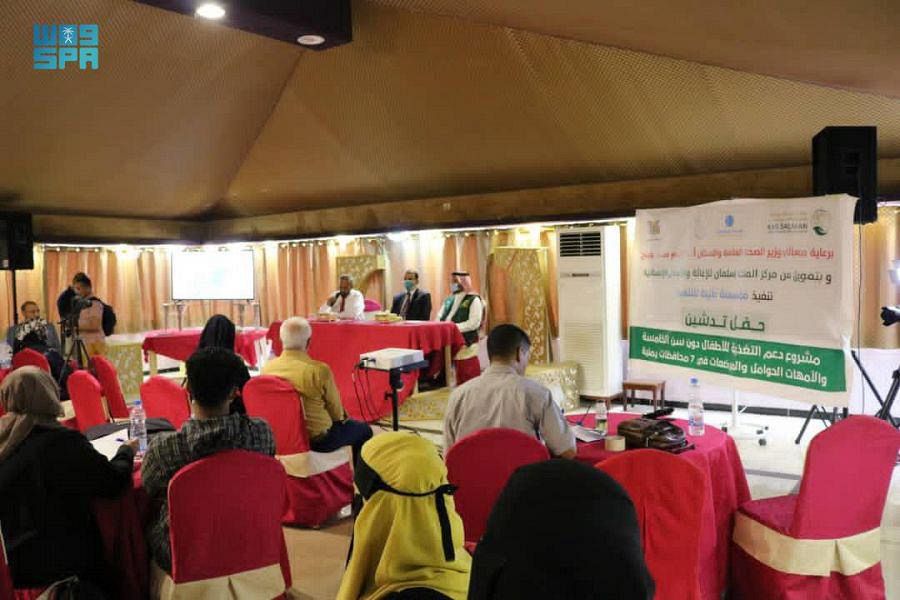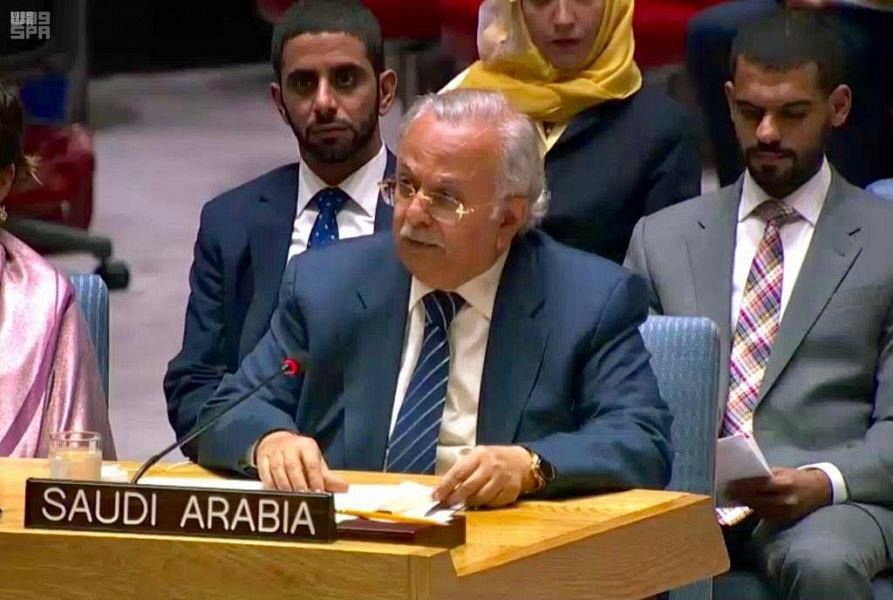
Online health clinic employs services of out-of-work Pakistani female doctors from across the world
KARACHI: A new online health clinic launched by a Karachi-based organization is offering remote medical care to women and children in war-ravaged Yemen with the help of out-of-work Pakistani women doctors from around the world.
The services, which have benefited more than 200 people in just over a week, are available for free at the Maternal and Child Telecenter (MCT), a healthcare facility in the Abyan governorate of Yemen.
The MCT was established on Jan. 27 by the EDUCAST Society, a nonprofit wing of EDUCAST launched by Saudi Arabia and Pakistan in 2016.
At the facility, a coordinator who is fluent in Arabic and English connects the patients with a teleclinic in Karachi, where women doctors from across Pakistan and 15 other countries — including Saudi Arabia, Oman, Qatar, Canada, and the UAE — provide free online consultations and treatment.
“The facility is offering live teleconsultation to women and children through remote Pakistani female doctors using high-tech medical equipment,” Abdullah Butt, CEO of EDUCAST, told Arab News.
He said the response has been “overwhelming.”
Maryam Abdullah Saleh Ahmed, a nurse at the facility, told Arab News: “We have provided treatment to over 200 patients within a week. People are happy because they get properly diagnosed and treated including medicines.”
Beyond Abyan, EDUCAST has plans to set up similar centers in the Maarib and Hazarul Maut areas of Yemen.
“The next destination would be Maarib, where a mobile unit will also be set up,” Butt said.
The healthcare centers have been considered as a handy alternative to regular clinic visits for women in Yemen, where health facilities are scarce and fewer doctors are available in rural areas.
According to the World Health Organization, one-fifth of the people in conflict zones suffer from mental health conditions, such as stress, depression, anxiety, post-traumatic stress disorder, and psychosis.
Ghulam Mustafa Tabbasum, the Aden-based head of Yemen operations for EDUCAST, said the team is aware of the challenges.
“The facility will also be focusing on the mental health issues of the people,” he told Arab News.
Dr. Tayyiba Khan, a mental health specialist from Canada who is part of the program, said she would be educating patients about post-traumatic stress syndromes.
“This will be in their native language to improve understanding and health outcomes,” Khan told Arab News, adding that these sessions would allow the participants to “express their concerns” and get immediate responses.
Other Pakistani doctors who have been called in for the MCT program said it was a great opportunity for all and an “honorable thing to do.”
Dr. Saima Shamim Ahmed told Arab News by telephone from Dubai that “serving people of Yemen in their difficult times, when they are passing through a crisis, is an honorable thing to do. I feel excited and elated.”
Dr. Rehana Din Muhammad from Muscat, Oman, agreed: “Providing women and their children with healthcare services is a major achievement for me since graduating and leaving the medical profession.”
The sentiment was echoed by Dr. Mishaal Tanvir from Saudi Arabia.
“The war-torn country and its people need our help, and I am honored to extend my services,” she said.
All three women were part of an online program which trained 800 Pakistani doctors who had left the profession to re-enter the field.
Launched in 2018, with support from the Dow University of Health Science, doctors taking the course received six months of training for family medicine and three months in prescription writing. All doctors associated with the program work voluntarily.
“The number is expected to increase to 2,000 with the financial support of the Islamic Development Bank,” Butt said.
Besides launching the MCT services in Yemen, EDUCAST has also provided remote medical care to 150,000 coronavirus patients quarantined at home across Pakistan’s Sindh province.












